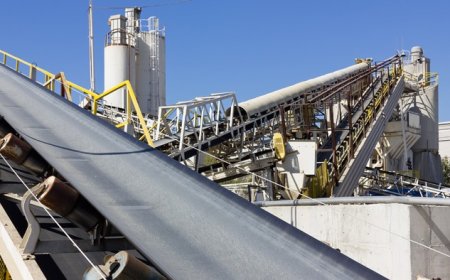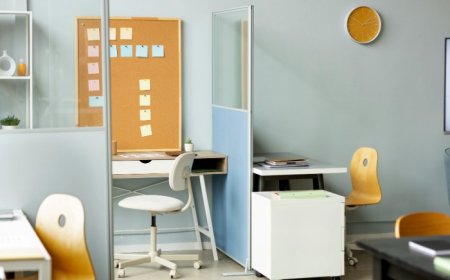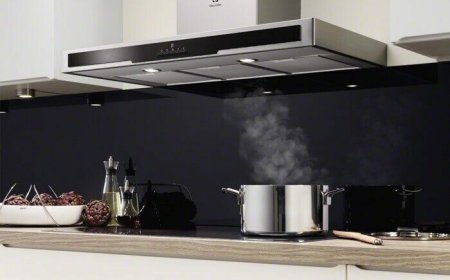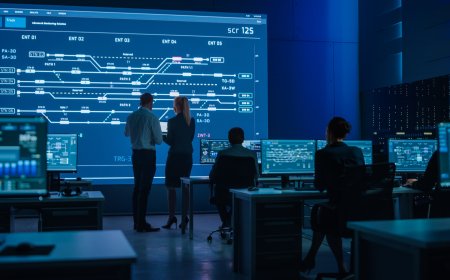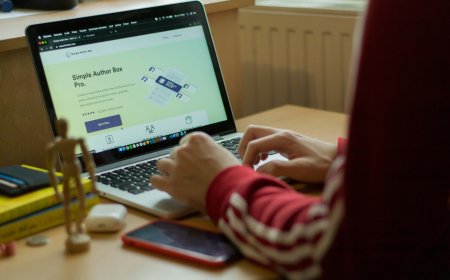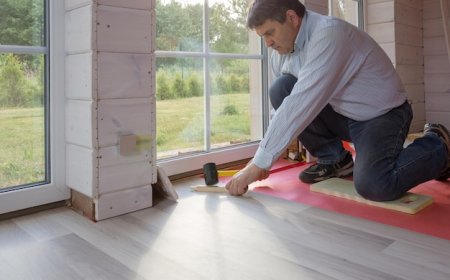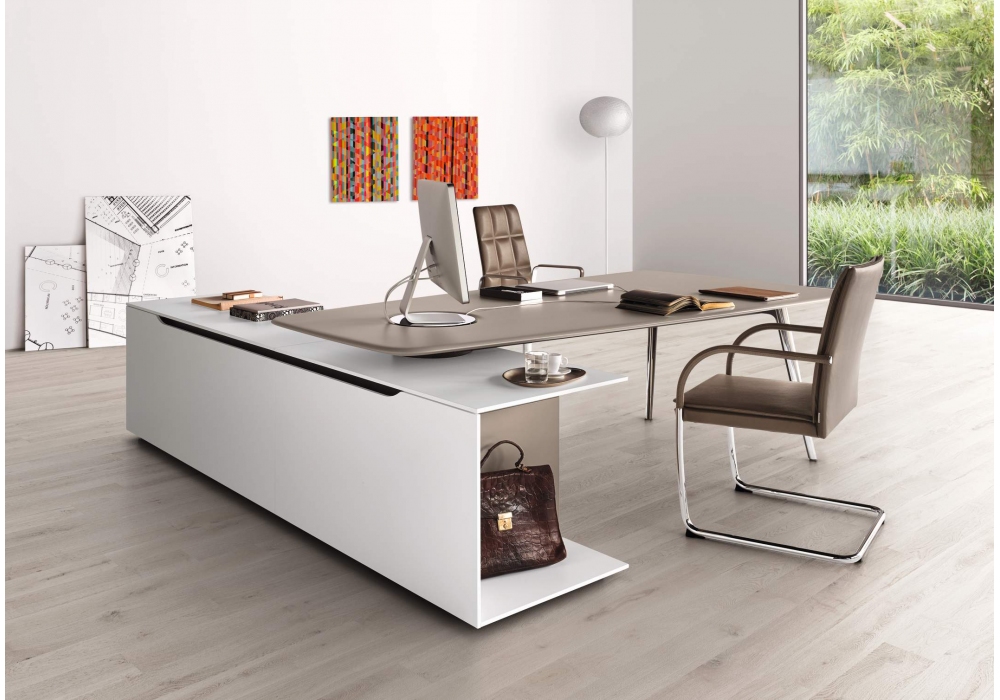Office Furniture in Enhancing Workplace Productivity
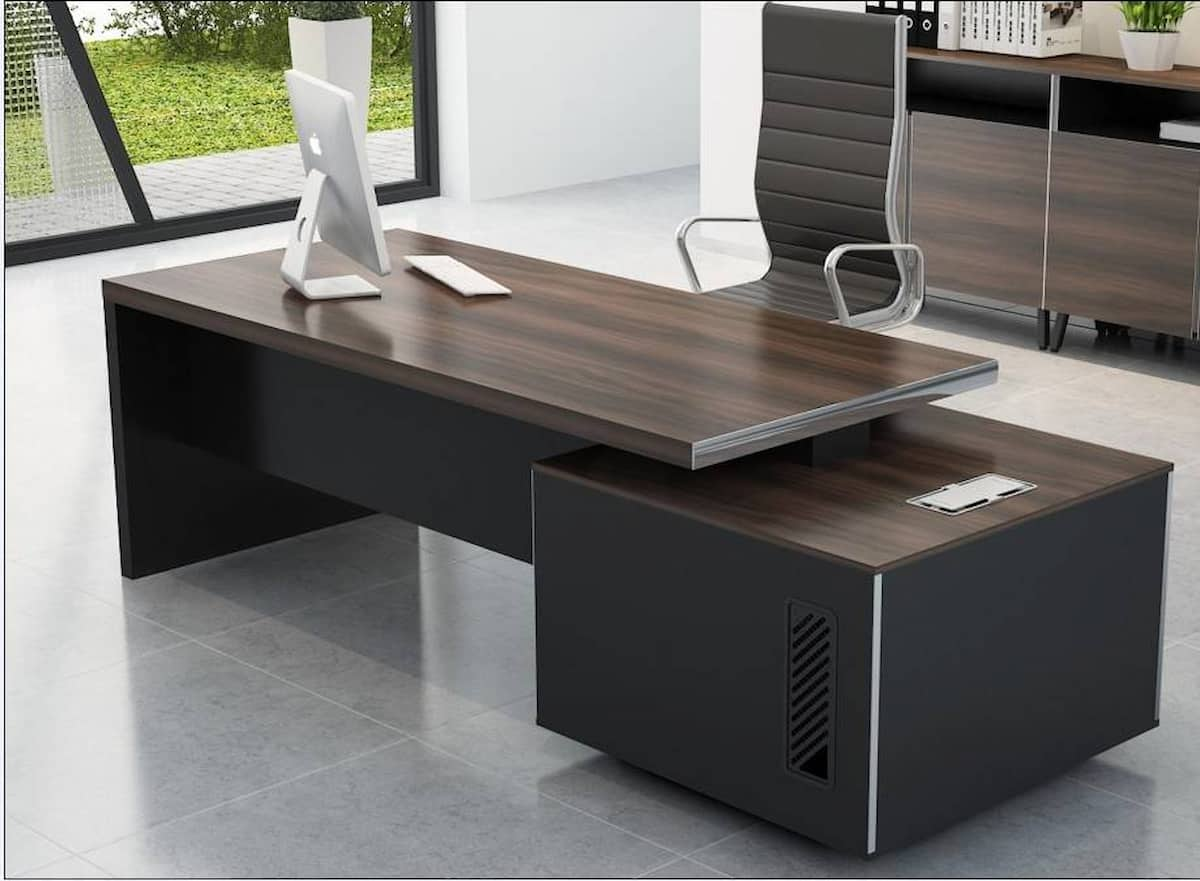
The workplace has undergone a significant transformation in recent years, and the importance of well-designed office furniture has never been more critical. A productive workspace is not solely defined by technology or strategyit is also shaped by the comfort, functionality, and ergonomics of the physical environment. Investing in quality office furniture is more than just a design choice; it's a strategic decision that directly impacts employee performance, satisfaction, and overall company efficiency. From ergonomic chairs to height-adjustable desks, the modern office requires furniture that adapts to the dynamic nature of todays work culture. In this blog, well explore how thoughtful choices in office furniture can lead to a more productive and harmonious work atmosphere.
The Impact of Ergonomics on Employee Health and Performance
Ergonomics plays a central role in determining the quality of office furniture. A well-designed ergonomic chair can significantly reduce back pain, improve posture, and minimize repetitive stress injuries, which are common among desk-bound professionals. Height-adjustable desks, wrist supports, lumbar backrests, and footrests are all part of the ergonomic ecosystem that enables employees to work more comfortably for longer hours. This not only reduces absenteeism due to health issues but also fosters a healthier office culture where employee well-being is prioritized. When employees are comfortable, they are more focused, less distracted by physical discomfort, and ultimately more productive.
Aesthetic Appeal and Branding Through Office Furniture
Office furniture is more than just functional equipmentit can also be a powerful branding tool. The look and feel of an office speak volumes about a companys values and culture. Sleek, modern furniture suggests innovation and professionalism, while warm tones and wood finishes create a cozy, approachable vibe. Companies can use furniture to reinforce their brand identity by selecting pieces that match their color palette, style, and industry tone. This visual consistency contributes to a more cohesive work environment and leaves a lasting impression on clients, partners, and new employees who walk through the door.
Flexibility and Space Optimization in Modern Offices
With the rise of hybrid work models and co-working spaces, office furniture must be adaptable and space-efficient. Modular workstations, foldable desks, mobile storage units, and stackable chairs are examples of versatile furniture that allow offices to reconfigure their layouts easily. This flexibility supports various workstylesfrom individual focus work to collaborative team meetingswithout the need for extensive renovations. Smart use of vertical space through shelving and wall-mounted solutions can also help businesses maximize their available square footage. Efficient space planning, supported by the right furniture, helps businesses create functional zones while maintaining an open, clutter-free environment.
Sustainability and Eco-Friendly Furniture Choices
Sustainability has become a major consideration in modern office planning, and office furniture is no exception. Environmentally conscious companies are increasingly opting for furniture made from recycled, upcycled, or sustainably sourced materials. Manufacturers are also focusing on low-VOC finishes and non-toxic adhesives to ensure better indoor air quality. Choosing durable furniture that resists wear and tear also means fewer replacements over time, which reduces waste and costs in the long run. Eco-friendly office furniture reflects a companys commitment to sustainability, which resonates positively with both employees and stakeholders who value environmental responsibility.
Customization and Personalization for Employee Comfort
No two employees are alike, and customization options in office furniture allow businesses to cater to individual preferences. From adjustable armrests and seat depths to personalized workstation layouts, these features enable workers to create setups that suit their specific needs. Some companies even offer "choose-your-desk" programs, where employees can select their preferred furniture setups, which increases engagement and satisfaction. Personalized furniture also empowers workers with a sense of ownership over their workspace, enhancing their emotional connection to the job. A comfortable employee is a motivated one, and personalized office furniture plays a critical role in achieving that comfort.
Technology Integration with Smart Office Furniture
Technology has seamlessly integrated into every aspect of modern life, and office furniture is evolving to keep up. Desks with built-in charging ports, smart height-adjustment controls, and cable management systems are becoming the norm in tech-savvy workplaces. These features eliminate clutter and support a more streamlined workflow. Conference tables with integrated power sockets, interactive displays, and even sound-absorbing panels are enhancing meeting room productivity. The fusion of furniture and technology creates a more intuitive, efficient, and connected work environment, especially in industries where speed and digital infrastructure are vital.
Cost Efficiency and Long-Term Value
While premium office furniture may come with a higher initial price tag, it offers long-term value in the form of durability, reduced maintenance, and improved employee productivity. High-quality materials, warranties, and customizable features mean fewer replacements and repairs over time. Additionally, modern office furniture is often designed with modular components, making upgrades or layout changes more affordable. Businesses that prioritize long-term savings over short-term cost-cutting are better positioned to foster sustainable growth. Investing in the right furniture also reduces hidden costs related to employee dissatisfaction, health issues, and operational inefficiencies.
Psychological Benefits of Well-Planned Workspaces
The psychological impact of a well-furnished office should not be underestimated. Natural lighting, ergonomic seating, organized layouts, and pleasing aesthetics contribute to lower stress levels, enhanced creativity, and better mental focus. Office furniture that supports movement, like sit-stand desks or balance stools, encourages circulation and breaks up sedentary habits, improving both physical and mental health. Incorporating relaxing breakout areas with comfortable sofas, coffee tables, and greenery also helps create a balanced work environment where employees can recharge without leaving the premises. Ultimately, the right furniture shapes the mood and mindset of the workforce.
The Future of Office Furniture: Trends to Watch
Office furniture is not staticit evolves with changing work patterns and design philosophies. Current trends point toward biophilic design, which incorporates natural materials and organic shapes to promote wellness. Acoustic furniture solutions are also gaining popularity as open-plan offices seek to manage noise without sacrificing collaboration. Smart desks with AI-powered ergonomics, app-controlled furniture adjustments, and touchless features represent the future of office design. Businesses that stay ahead of these trends position themselves as forward-thinking and employee-focused, which helps attract top talent and retain existing staff in a competitive job market.
Conclusion: Why Choosing the Right Office Furniture Matters
Choosing the right office furniture is a crucial investment in your businesss success. It impacts everything from employee well-being and productivity to aesthetics, branding, and long-term operational efficiency. The modern workplace demands furniture that is ergonomic, flexible, sustainable, and tech-integrateddesigned not just to fill space but to support human potential. For companies looking to create thriving, dynamic, and people-centered workspaces, quality furniture is a non-negotiable. As a trusted name in the industry, office furniture offers comprehensive solutions to meet the evolving demands of todays workplace environments.

















